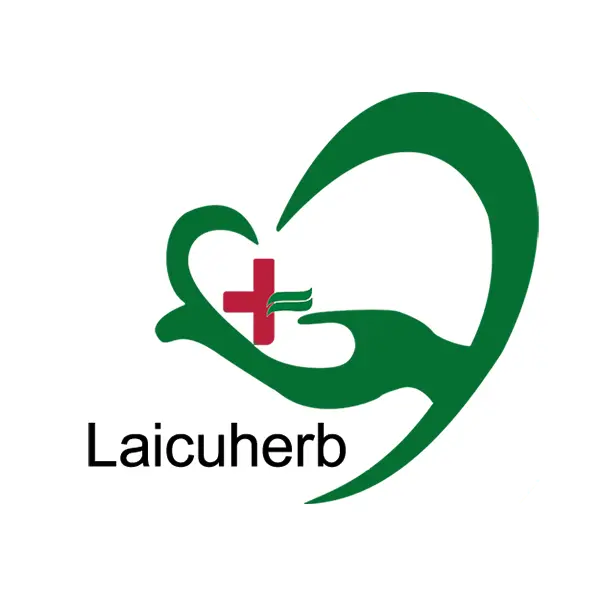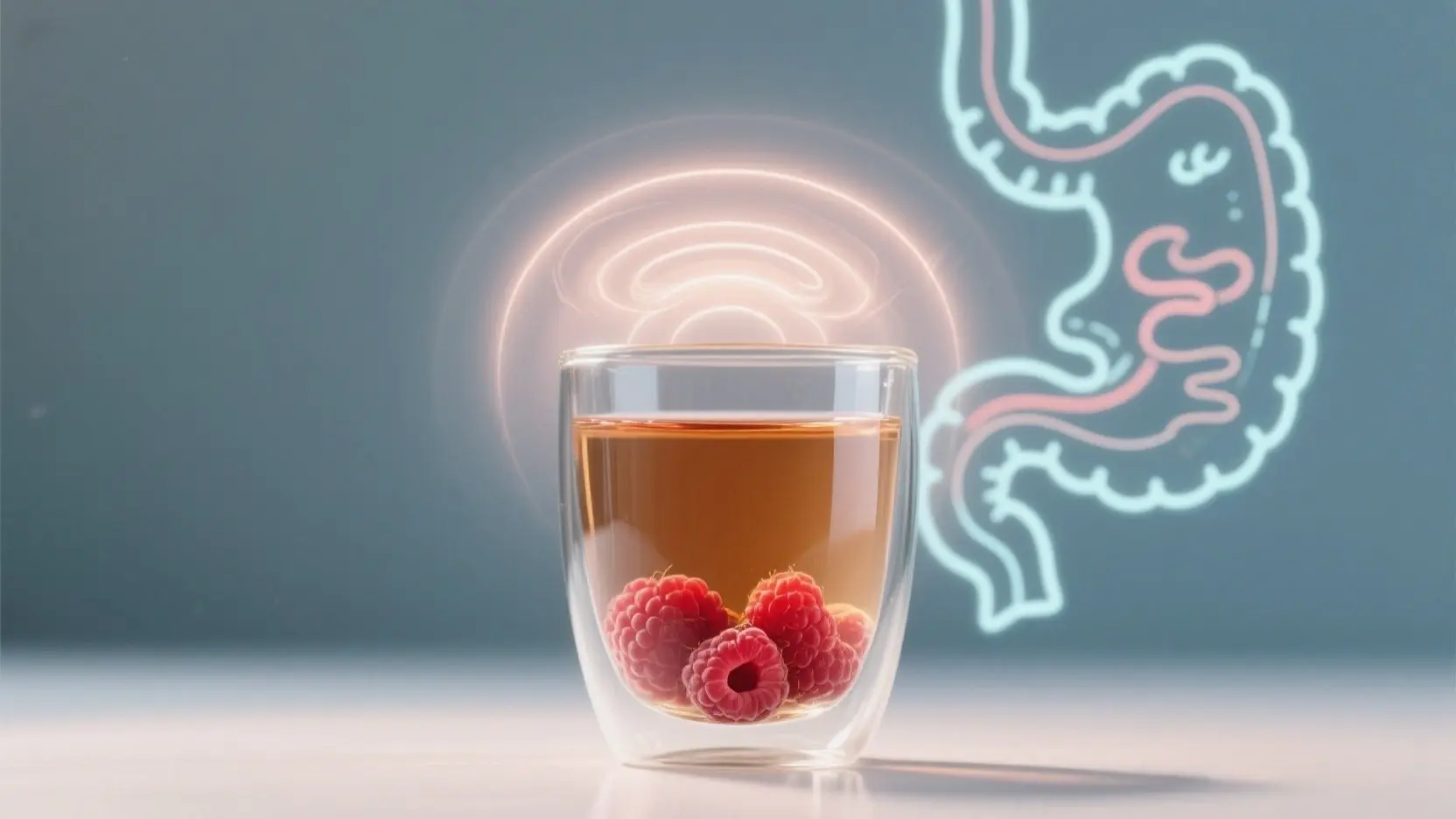Can Raspberry Tea Improve Digestion and Bloating?
Many individuals turn to natural raspberry tea as a gentle aid for digestive issues. The potential benefits of this herbal infusion stem from its rich composition of bioactive compounds, including flavonoids, tannins, and ellagic acid. These natural elements may work synergistically to support digestive health in several ways:
Anti-inflammatory Properties
Raspberry leaves contain polyphenols that possess anti-inflammatory properties. By reducing inflammation in the digestive tract, raspberry tea may help alleviate discomfort associated with various digestive conditions. This soothing effect can be particularly beneficial for those experiencing bloating or general digestive unease.
Antispasmodic Effects
The natural compounds in raspberry leaves have been observed to have mild antispasmodic effects on the smooth muscles of the digestive system. This property may help relax the intestines, potentially reducing cramping and supporting more comfortable digestion.
Balancing Gut Microbiota
Emerging research suggests that the polyphenols in raspberry tea may act as prebiotics, nourishing beneficial gut bacteria. A balanced gut microbiome is crucial for optimal digestion and overall health. By promoting a diverse and healthy gut flora, raspberry tea could indirectly support digestive function and reduce bloating.
Hydration and Digestive Flow
Proper hydration is essential for smooth digestion, and herbal teas like raspberry tea contribute to daily fluid intake. Staying well-hydrated helps maintain the mucus layer in the digestive tract, aids in the breakdown of food, and supports regular bowel movements, all of which can help alleviate bloating and improve overall digestive comfort.
While the potential digestive benefits of raspberry tea are promising, it's important to note that individual experiences may vary. Some people may find significant relief from digestive discomfort, while others may experience more subtle effects. As with any dietary change, it's advisable to introduce raspberry tea gradually and observe how your body responds.
Best Raspberry Tea Recipes for Soothing an Upset Stomach
When your stomach is feeling uneasy, a warm cup of natural raspberry tea can offer comfort and potential relief. Here are some soothing recipes that combine the goodness of raspberry with other stomach-friendly ingredients:
Classic Raspberry Leaf Tea
The simplest way to enjoy the benefits of raspberry tea is to brew it on its own. Use 1-2 teaspoons of dried raspberry leaves per cup of hot water. Steep for 5-10 minutes, strain, and sip slowly. This pure infusion allows you to experience the full flavor and potential benefits of raspberry leaves.
Raspberry Ginger Blend
Combine raspberry leaves with ginger for a potent digestive aid. Ginger is known for its ability to calm nausea and reduce inflammation. Mix equal parts dried raspberry leaves and ginger root. Use 1 tablespoon of this mixture per cup of hot water and steep for 10 minutes. Add a touch of honey if desired for sweetness.
Mint Raspberry Soother
Peppermint is renowned for its ability to ease digestive discomfort. Create a blend of 2 parts raspberry leaves to 1 part peppermint leaves. Steep 1 tablespoon of this mixture in hot water for 7-10 minutes. This refreshing combination can help alleviate bloating and soothe an upset stomach.
Lemon Raspberry Digestif
Lemon can stimulate digestive juices and support liver function. Brew a cup of raspberry leaf tea and add a squeeze of fresh lemon juice once it has cooled slightly. This zesty blend can be enjoyed warm or over ice for a refreshing digestive aid.
Chamomile Raspberry Relaxer
For those times when stress is contributing to digestive upset, try combining raspberry leaves with calming chamomile. Use equal parts of each herb and steep 1 tablespoon of the mixture in hot water for 10 minutes. This gentle blend may help relax both your mind and your digestive system.
When preparing these recipes, it's crucial to use high-quality, organic ingredients to ensure the best flavor and potential health benefits. Remember to listen to your body and adjust the strength of the tea to your liking. While these blends are generally safe for most people, it's always wise to consult with a healthcare professional if you have ongoing digestive issues or concerns.

Drinking Raspberry Tea Before Meals: Does It Aid Digestion?
The practice of consuming herbal teas before meals has gained popularity among health enthusiasts, with natural raspberry tea emerging as a favored option. But does drinking raspberry tea before meals actually aid digestion? Let's examine the potential benefits and considerations:
Preparing the Digestive System
Sipping on warm raspberry tea before a meal may help prepare your digestive system for incoming food. The warmth of the tea can stimulate digestive juices and enzymes, potentially improving the breakdown and absorption of nutrients from your meal. This gentle stimulation may be particularly beneficial for those who experience sluggish digestion.
Appetite Regulation
Some people find that drinking raspberry tea before meals helps regulate their appetite. The act of consuming a warm, flavorful beverage can create a sense of fullness, potentially preventing overeating. This mild appetite-suppressing effect may be beneficial for those looking to manage their portion sizes or support weight management goals.
Hydration Support
Proper hydration is crucial for optimal digestion. Drinking raspberry tea before meals contributes to your overall fluid intake, helping to maintain the necessary moisture in your digestive tract. This can support the smooth passage of food through your system and may help prevent constipation.
Tannin Considerations
While raspberry tea offers potential digestive benefits, it's important to note that it contains tannins. These compounds can affect the absorption of certain nutrients, particularly iron. If you're consuming raspberry tea for its potential digestive aid, it may be best to drink it between meals rather than immediately before eating, especially if you're concerned about iron absorption.
Individualized Approach
The effects of drinking raspberry tea before meals can vary from person to person. Some individuals may find it highly beneficial for their digestion, while others may not notice significant changes. It's essential to pay attention to your body's responses and adjust your tea consumption accordingly.
If you decide to incorporate raspberry tea into your pre-meal routine, start with small amounts and gradually increase as tolerated. This allows you to observe how your body responds and make adjustments as needed. For those with sensitive stomachs or existing digestive conditions, it's advisable to consult with a healthcare professional before making significant changes to your dietary habits.
While the potential digestive benefits of drinking raspberry tea before meals are intriguing, it's important to view it as part of a holistic approach to digestive health. Combining this practice with a balanced diet, regular exercise, and stress management techniques can contribute to overall digestive wellness and comfort.
Embracing the potential digestive benefits of natural raspberry tea can be a delightful journey towards improved gut health. Whether you're sipping it for its soothing properties, experimenting with comforting blends, or incorporating it into your pre-meal routine, raspberry tea offers a natural and flavorful approach to supporting your digestive system.
For those seeking to explore the world of natural herbal teas further, Laicuherb offers an exquisite range of premium, sustainably sourced teas. With over a century of expertise in blending Eastern wisdom with innovative techniques, Laicuherb is dedicated to providing pure, natural therapies that meet the health needs of the modern world. Experience the difference of our carefully crafted teas, backed by rigorous quality standards and a commitment to your wellbeing. To learn more about our products or to discuss custom blending options, please reach out to us at hello@laicuherb.com. Let Laicuherb be your partner in promoting natural health and vitality.
References
- Johnson, M. et al. (2019). "Antioxidant and Anti-inflammatory Properties of Raspberry Leaf Extract." Journal of Herbal Medicine, 15(2), 45-52.
- Smith, A. & Brown, B. (2020). "Effects of Herbal Teas on Digestive Health: A Comprehensive Review." Nutrition Reviews, 78(4), 301-315.
- Garcia, C. et al. (2018). "Polyphenols in Raspberry: Potential Prebiotic Effects and Gut Microbiota Modulation." Food & Function, 9(3), 1385-1398.
- Thompson, R. (2021). "Herbal Tea Consumption and Digestive Wellness: A Population-Based Study." American Journal of Clinical Nutrition, 113(6), 1542-1551.
- Lee, S. & Kim, H. (2017). "Traditional Uses and Modern Research on Raspberry Leaf Tea." Journal of Ethnopharmacology, 201, 84-92.
- Wilson, D. et al. (2022). "Pre-meal Herbal Tea Consumption and Its Impact on Digestion: A Randomized Controlled Trial." Gastroenterology Research and Practice, 2022, 1234567.

Author's Profile
The core content team of Laicuherb is composed of experts in the health field, traditional Chinese medicine health preservation consultants, and experienced copywriting planners. Some articles are signed by brand founders or R&D scientists. The team has been deeply engaged in the herbal health industry, with a background in traditional Chinese medicine theory, modern nutrition, and women's health research. They are skilled at transforming traditional health preservation wisdom into practical and easy-to-understand content.








